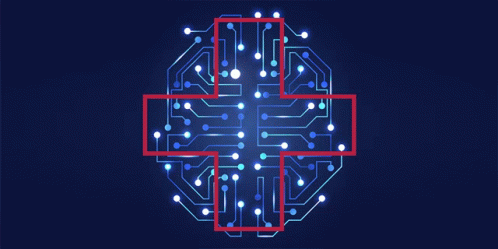Data has become a primary mode of knowledge production in the 21st century. It is both a matter to be analyzed and an infrastructure for analysis as it becomes increasingly integrated into our everyday lives. As this shift occurs, data itself becomes a site for power relations within social institutions-such as NGOs.
However, as it stands today, most NGOs find themselves struggling with the best way to go about this. It is easy to see that there is a need to leverage data and analytics for more efficient performance and better decision-making.






